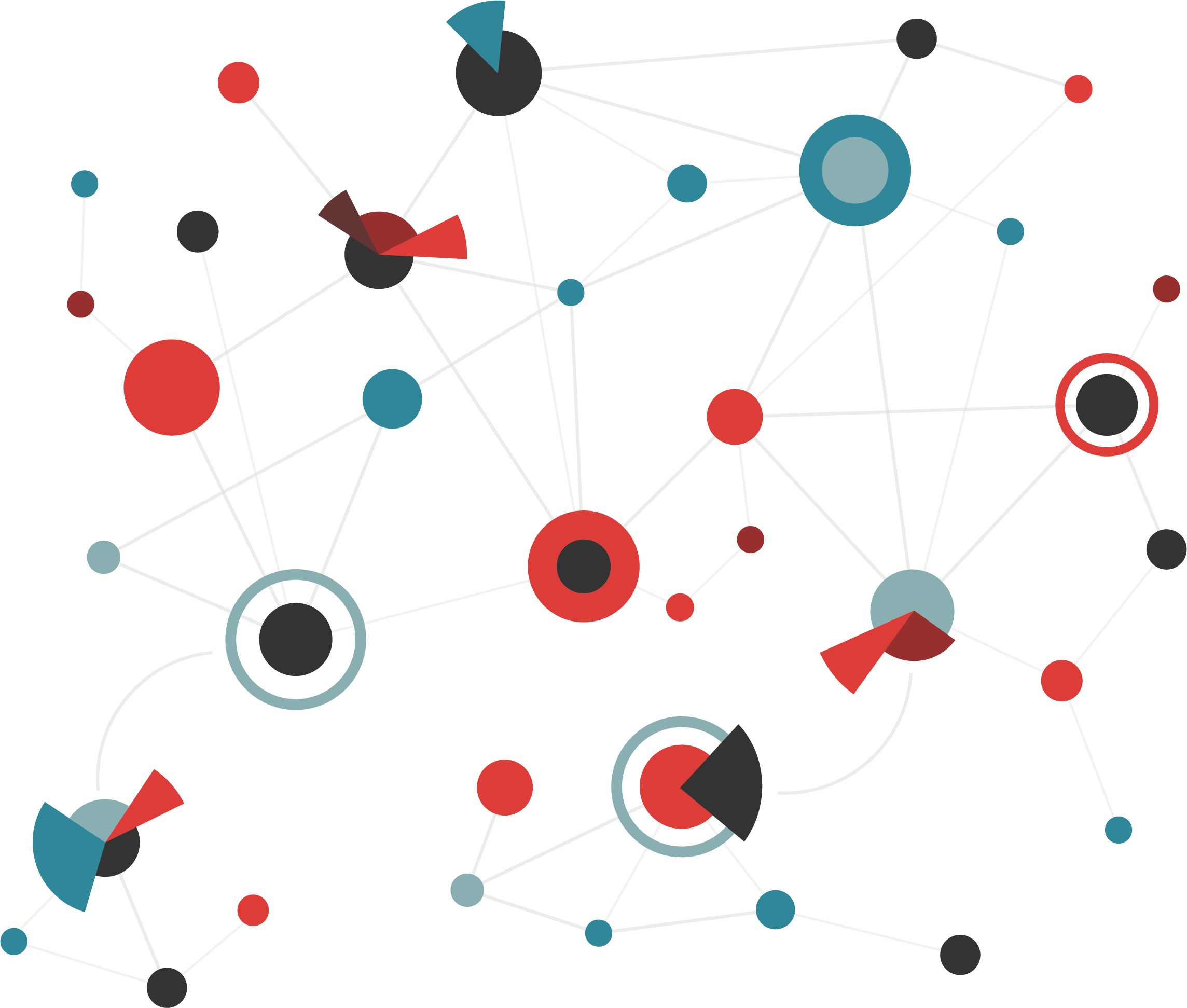6. Data - Information - Knowledge#
So far in our exploration of data science, we’ve been mostly circling around data. However, as briefly touched upon in What is Data Science? and contrary to what the term data science might suggest, data science isn’t fundamentally about data. Think of it this way: if data is the raw material, then the ultimate product a data scientist crafts is knowledge. We sift through the vast sands of data to uncover gems of insight.
The “DIKW Pyramid” (Data - Information - Knowledge - Wisdom) is a commonly depicted visualizations that displays an easy-to-understand hierarchy from raw data to profound knowledge and ultimately: wisdom (Fig. 6.1). In practice, however, this model is often considered to be too simple, not precise enough, or even wrong (see for instance [Frické, 2009]). In addition, for the purpose of a data science introduction, the concept of wisdom is less relevant at this point. But it is essential to distinguish between the terms data , information, and knowldege, which I will in the following chapters mostly understand as follows:
Data: The raw values or findings obtained through various means such as observations, measurements, surveys, etc. It represents the unprocessed reality, and -at least at this stage- it can be entirely incomprehensible or meaningless. Imagine a streaming camera in a forest meant to detect rare events of spotting certain wild animals. Most of the data recorded will show no such animals and will thus be entirely insignificant for our later analysis.
Information: This is data in context. It has been processed, categorized, and given structure, making it more comprehensible. One way to put it is: “Information is data with potential significance for a user” [Otte et al., 2020]. It’s data with added value, transformed into a format that allows for a clearer interpretation.
Knowledge: This goes beyond just having information; it’s understanding the information. Knowledge encompasses facts, theories, and rules that have been distilled from the information and are characterized by a high degree of certainty and applicability.

Fig. 6.1 The DIKW Pyramid. Source: wikipedia#
6.1. From data to knowledge#
Now, think of data science as detective work. A detective starts with clues (our data). These clues, in isolation, may seem random or unimportant. But as the detective starts piecing them together, a story unfolds (information). Finally, using their understanding of the world, the detective makes an informed guess about what actually happened (knowledge).
This hopefully gives you a bit of an intuition of what we are after as data scientists. But it should also be noted that there is no simple recipe of how to get from data to knowledge. In fact, this is what many scientists and philosophers were, and are, after: understanding how we can derive knowledge from data. There is no simple answer to this, and comparing many of the possible answers in details is far beyond the scope of this book. For the interested reader, I would still like to briefly introduce a few concepts.
A classical, and often modified and extended, theory of how scientific knowledge progress works was proposed by Karl Popper [Popper, 2013]. He suggested that scientists propose hypotheses based on initial observations (data). These hypotheses are then rigorously tested, and if proven wrong, are modified or replaced by newer, more refined hypotheses. This iterative cycle continues, constantly refining our body of knowledge.
Another insightful approach is the “Inference to the Best Explanation” method [Bartelborth, 2017]. Here’s how it works:
Observation: Start by observing phenomena. This is your raw data. (in the detectives picture: gather clues)
Hypothesis Formulation: Develop potential hypotheses that might explain the observed data.
Refinement: Some theories might not fit the facts. So, they’re discarded.
Comparison: Which of our remaining theories best explains the data?
Selection: Choose the hypothesis (or hypotheses) that offers the most plausible and comprehensive explanation in line with other established knowledge.
While both Popper’s approach and the inference to the best explanation emphasize rigorous testing and refinement, they underscore the essence of the scientific method – a systematic pursuit of knowledge. In the realm of data science, these principles guide us, ensuring that insights drawn from data are robust, valid, and, ultimately, enlightening.
In conclusion, data is the foundation upon which knowledge is constructed. But to elevate data to knowledge, a meticulous process of refinement, analysis, and understanding is imperative. There are many possible pitfalls (for instance: biases!). As data scientists, our mission is to navigate this intricate journey, transforming raw data into profound insights that inform, guide, and enlighten.
6.2. Further readings#
If this subject interests you, there are many exciting philosophical debates and works on the matter of knowledge and the methodologies to derive knowledge.
Here just two more examples:
Keith Lehrer, “Theory of Knowledge”, 2nd edition, 2019 [Lehrer, 2019]
Max Boisot and Augustí Canals, “Data, information and knowledge: have we got it right?”, 2004, Journal of Evolutionary Economics [Boisot and Canals, 2004]
